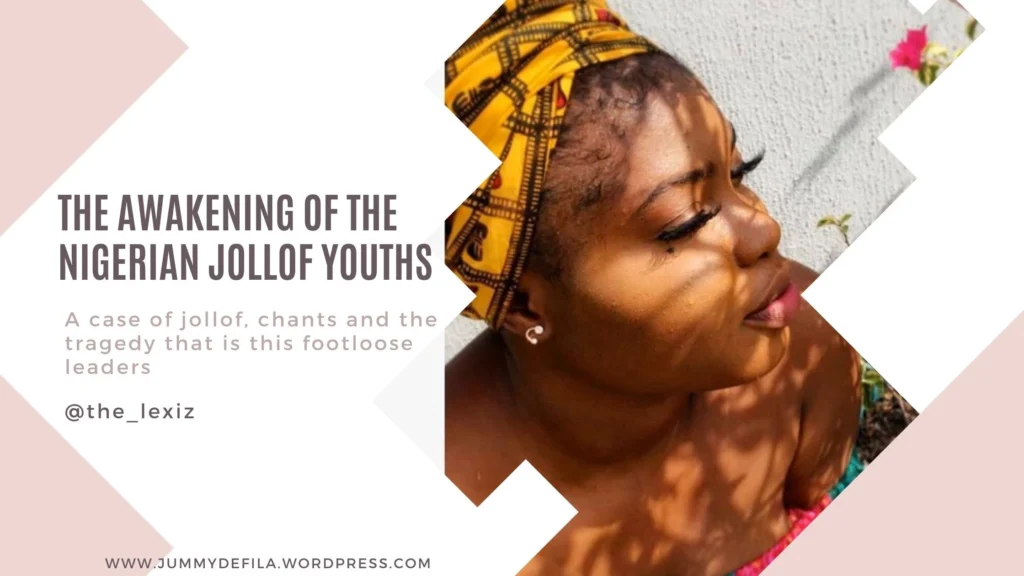GUEST POST
My friend Glory @the_lexiz reached out to me days ago with a proposition of an article. When I read this post, I knew it had to go up on the blog. (I’m not spilling) *wink*
Read up for the juice!
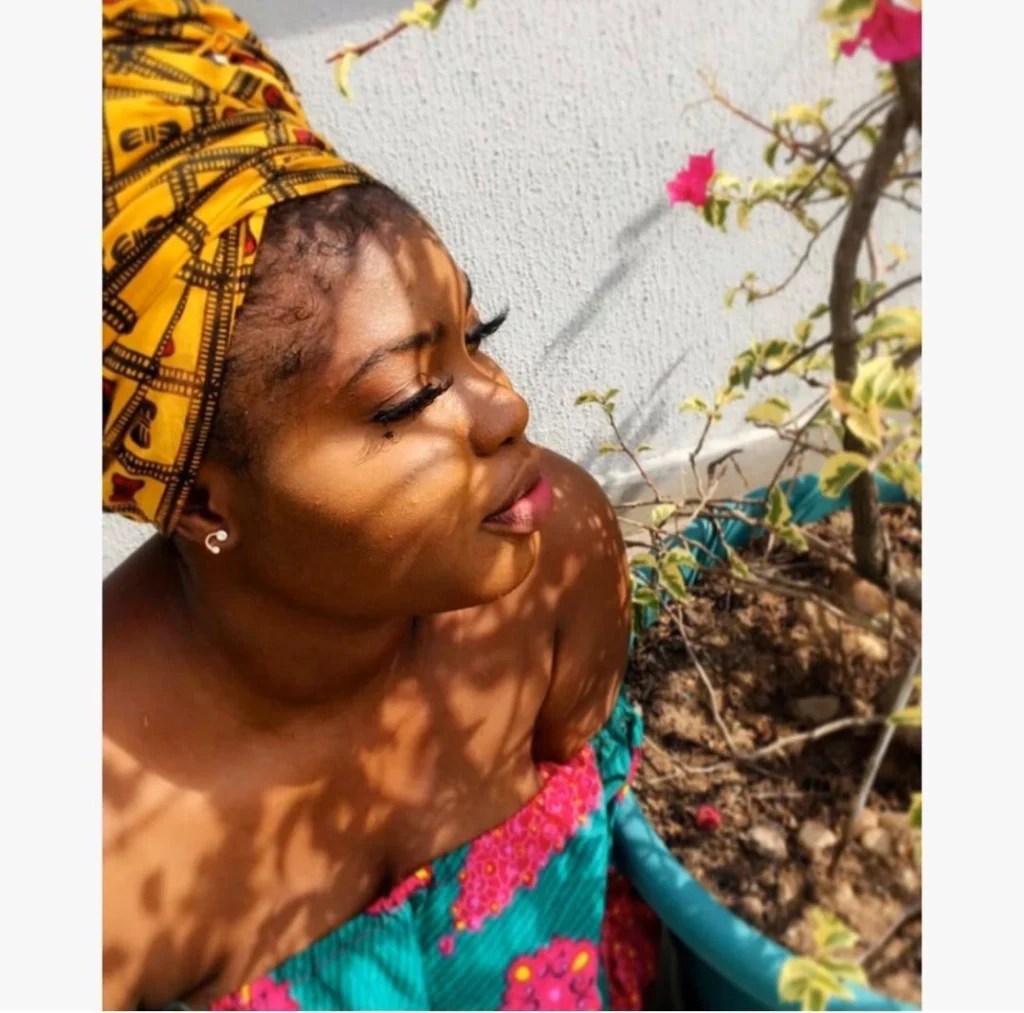
You see, I have been infatuated with the story of Ikenefuna and Okonkwo from Achebe’s Things Fall Apart for as long as I can remember. So infatuated that at a point I started writing a poem on the dynamics of their relationship and how I could relate it to life. After a while, I just couldn’t find the words, couldn’t put my hands on something that I knew was missing, so I left the poem albeit half-finished.
The killings of people, of the masses, of harmless protesters by the government this past week has left a load on my chest. I could never really stop thinking about it, I still can’t. I could not bring myself to comprehend the fact that all those people, people whom I didn’t know, whose faces are like a distant memory than an actual image, more like a blur or a suppressed memory, that those people are dead and gone, that they died fighting for us all, for me, fighting for justice and what we all believed in.
What we had cried, chanted, and talked about all over social media just a couple of weeks back.
At first, I felt disbelief, my brain refusing to process the data, refusing to process the ghastly and horrendous videos and pictures I had seen. I sunk into hopelessness while people – probably trying to mask the defeat and anguish of the massacre – came up with jokes and memes. Then it hit me, I felt angry, sad, defiant, afraid, and mostly disappointed in me and everyone, especially those who weren’t addressing the situation. I was speechless at those who went as far as to try to cover up the killings and make excuses for the government. I felt sick, I was feverish for a couple of days.
I tried to imagine how those harmless protesters felt at that point, cornered by the military who rained their bullets on them, watching their friends, people with whom they had probably danced alongside and eaten Jollof the day/week before fall, blood gushing out of their bodies. Falling to the bullets fired by the army by their kind, by people who were charged with protecting them.
A couple of days later when I reread Americana, a book by Chimamanda Ngozi Adiche, I dwelt on the part where Ifemelu blogged about racism, about how the whites treated the blacks in America especially how she only realized she was black when she got to America, and then went on to blog about Lagos’ life. I wondered what she would make of black people slaughtering themselves. What title would she give to such an article?
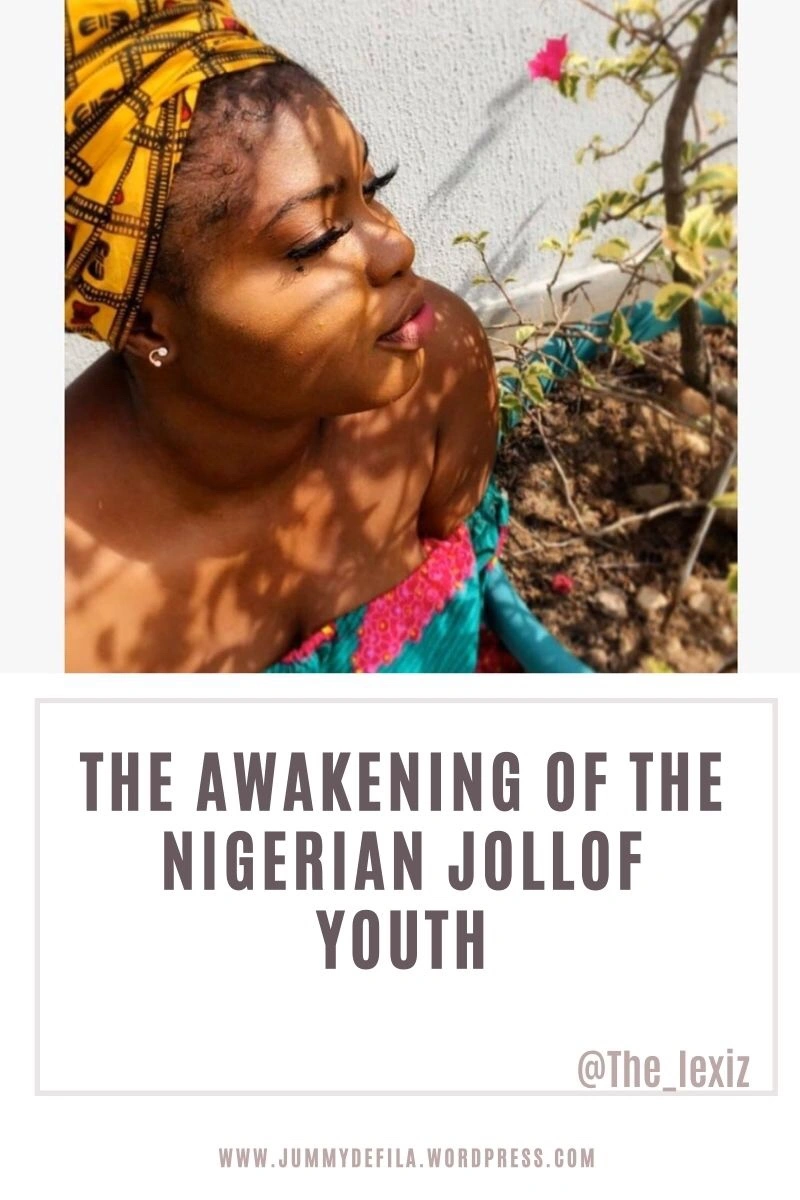
Did the military or law enforcement agency as a whole (since the bedrock of the protest in the first place was to stop the police from killing and extorting people as well as ending a rogue unit of the police called SARS), did these people in law enforcement think themselves superior to civilians? Or do they think of themselves inferior to the government, like slaves taking orders from their masters in the government and carrying out an order to kill unarmed fellow citizens? Or was it ignorance, because they’ve never known what it feels like to live in a foreign land, to fully comprehend what it means to be different, to be seen as different. To belong to a certain race. To feel warmth at the idea of home’.
To be in a place where you would never see as many people of your kind on the streets all at once as you would on a regular Friday night at a suya joint. To fully understand what it means, to be grateful to have People of your kind, your color, with kinky hair, after all, they say, ”race is more phenotypical than genotypical”
I had an epiphany. Okonkwo was a leader. One of the greatest men in Umuofia. A titled man. A father to Ikemefuna (in the long run)and under whose care and protection he lived. I see a vast relationship between the government of Nigeria, it’s citizens and an important part of Okonkwo, Ikemefuna short lived “romance” . However weirdly interconnected it may seem and albeit far fetched.
You see grave betrayals was committed so grave one could consider it an abominable act, almost.
We work for the government, they rule over us. They are our fathers to whom we vested no generic relationship. They use us and give us nothing. Our wants are brushed aside as not worthy, should Ikemefuna, dare open our mouths to ask Okonkwo for/of anything. But more than anything, like Ikemefuna, we are slaves longing and dreaming of freedom. In fact, the people in government place themselves as lords lording over us with other lords, enjoying the bounties of our land.
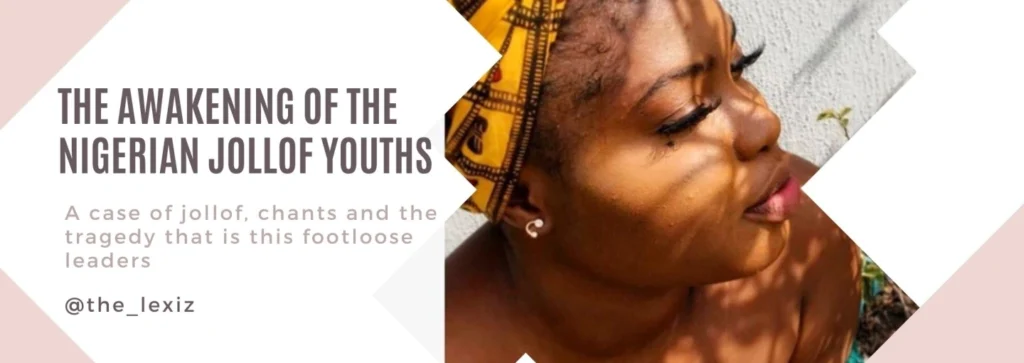
For once, when the people came out to speak up, to protest for better conditions, “our lords” became uncomfortable. So threatened were they by harmless protesters that they demand blood. They rain fire and brimstone.
Our government made us false promises biding their time to strike. Perhaps like Okonkwo, they were afraid to appear weak, because like the gods they think they are , their almighty ego has to be fed and “how hard can it be to shut this common folks up”.
“As the boy’s back is turned, one of the men strikes the first blow with his machete. Ikemefuna cries out to Okonkwo, “My father, they have killed me!” and runs toward Okonkwo. Afraid to appear weak, Okonkwo kills Ikemefuna with his machete.” ~ Things fall apart Chinua Achebe.
Taking down the cameras, turning off the lights, and coming in the dark in to hide behind the polls of the tollgate to slaughter “us”; harmless young people gathered together singing the national anthem and waving the Nigerian flag. Getting rid of the bodies that fell and all other damning evidence. I imagine Okonkwo cleaning the blood off his machete before entering the village so as not to draw suspicion. “For where is it heard of that a man should take part in the killing of a boy who calls him “father.”
“Let’s act as though nothing had happened not to be spoken of, to be denied if ever brought up.” I imagine the government deciding as even the president didn’t acknowledge the massacre in his close to “not so comprehensive speech.” But then what is that saying again, “those who live by the sword must die by the sword”?
This isn’t the first time (I still think of Biafra of all I have read and few pictures I have seen but that is a talk for another day), it has happened before, it is a cycle of bad governance, oppressing and slaughtering anyone in their way. Massacring villages and communities killing, and oppressing families, groups of people. Individuals whose only crime was speaking up to demand their rights.
Chinua Achebe after all once said “no one is or should be so naive as to believe that all the problems of the world would be solved by goodwill and civility alone”
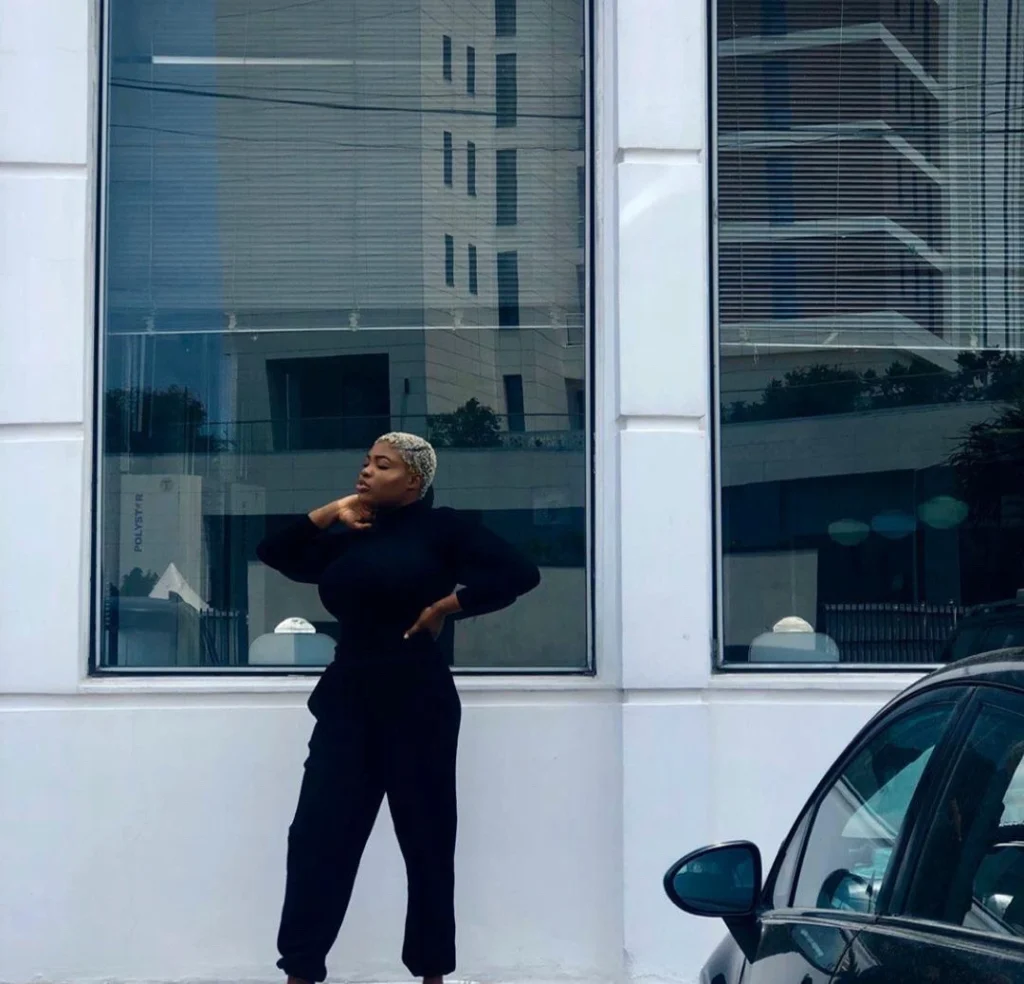
I am mostly offline this days. I imagine some of us trying to distract ourselves from all that is happening. I spend my time reading mainly audiobooks, YouTube skits and shows, playing games and Tv avoiding news channels.
For the few times I have venture into social media, coming across any post referencing the Lekki Massacre of 20th October 2020, I log off. I tense all over.
What doesn’t kill you makes you stronger, I guess.
Thank you for this post Glory, I pray we all recover form 20-10-2020.
Check out Glory’s page
Instagram @the_lexiz
YouTube That Realtor Lex


